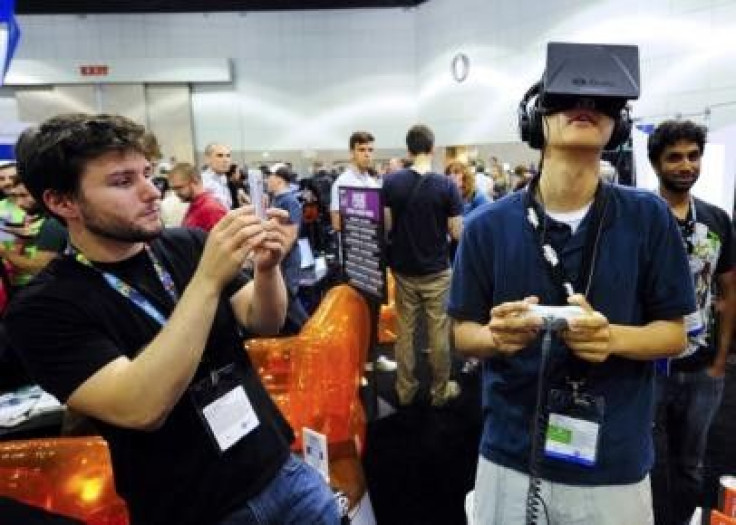Indie Horror Game 'Nevermind' Supports Oculus Rift And Biofeedback Sensors

There are plenty of horror games out there spanning many sub-genres. But only a few bring any substantial innovation to the table, apart from the usual genre-specific tropes that have been done to death. Independent developer Flying Mollusk attempts to break the mould with its upcoming horror game "Nevermind." The horror adventure title bearing puzzle elements incorporates a unique biofeedback system into core gameplay to an interesting effect.
The game uses Intel's RealSense technology that combines biofeedback sensors with various apps, software and, in this case, videogames. PC Gamer notes that the game allows players to pair freely available hearbeat and other biofeedback sensors, which in turn allows the game to monitor your anxiety levels. The official website has a comprehensive list of compatible sensors, which ranges from a $75 Garmin heart-rate monitor to fancier Intel RealSense implementation found in the $1400 Dell Inspiron 23 Touch laptop.
Common sense suggests that the game would ideally employ the biofeedback system to tone the horror down as gamers get increasingly anxious. However, "Nevermind" doesn't trifle with common sense, when it can employ the opportunity to scare gamers out of their collective wits. This devious biofeedback implementation uses the knowledge of the players' fear to make matters worse. The more players get scared, harder and scarier the game will become. Thankfully, the game can be played without a biofeedback sensor for those who are a bit weak of heart.
"Nevermind" isn't your average jump scare dependent survival horror game in the vein of "Outlast" or the "Amnesia" series. The developer describes it as an adventure game with emphasis on puzzles, with the main source of horror being the psychological kind. The game pits players in the minds of patients who have suffered some form of psychological trauma. The goal is to survive the horror contained within their subconscious and attempt to heal them.
"nevermind" has just been launched through Steam's Early Access programme after a prior aborted attempt to crowd-fund the game through a failed Kickstarter campaign in early 2014. VR Focus reports that it took a second Kickstarter campaign with more modest budget goals to raise $76,000. These funds won't just be used to push the independent game through Steam, but also incorporate Oculus Rift support.
The current Early Access avatar of "Nevermind" is a work in progress with an entry cost of $25. The game has been in development for the past eight months and incorporates three levels with an estimated playtime of an hour for each level. The final retail version will incorporate more levels, head-mounted VR device support and professional voiceover dialogue. The developer Flying Mollusk is hoping for an October 2015 release.
In case you have any feedback or wish tip us off, the author can be contacted at nachiketpg13@hotmail.com
Nevermind | BIO-FEEDBACK HORROR GAME! (credit: Markiplier YouTube channel)






